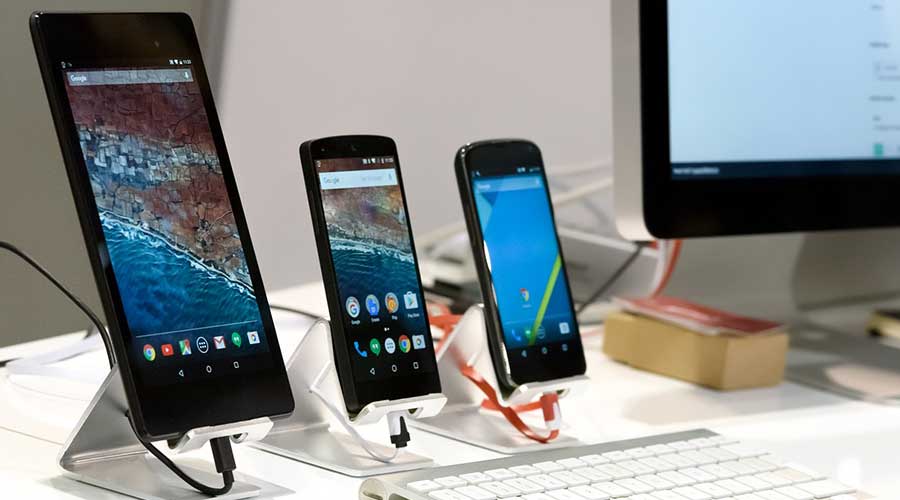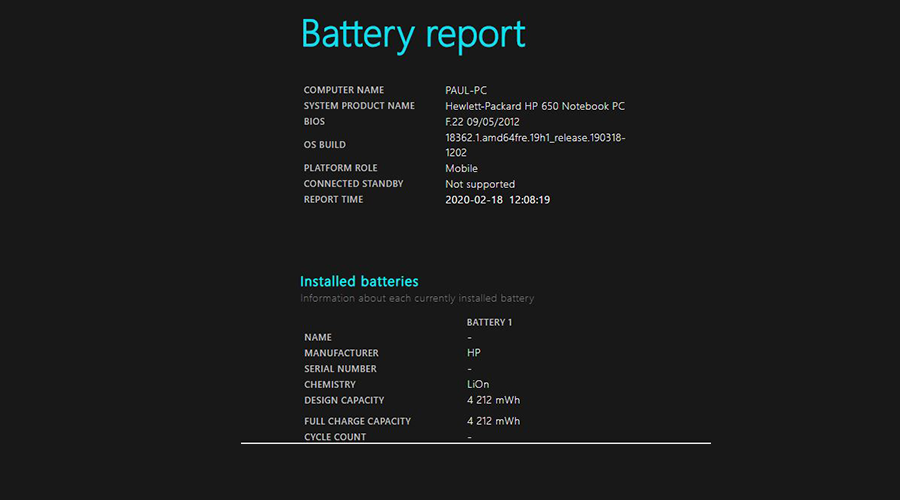
Android monopoly: Google is fined a new record of 150 million euros
Google is in the sights of South Korea, again because of its anti-competitive practices. The KFTC, the country's regulatory body, has fined it 150 million euros for preventing manufacturers from developing their own fork of Android. The Mountain View company said it will appeal this judgment.
There is hardly a month that goes by without Google being fined for anti-competitive practices. The whole world has started to investigate the methods of the Mountain View company and millions are falling like flies. Recently, it was France that demanded that the publisher pay 220 million euros in compensation for its dubious advertising practices. Shortly afterwards, it returned to the charge, this time with a hefty bill of 500 million euros for its stormy negotiations with press publishers.
Now it's South Korea's turn to enter the fray. The Korea Fair Trade Commission (KFTC), the country's competition regulator, has announced that it is fining Google 207 billion won, or 150 million euros, for its abusive contracts with manufacturers. Google is accused of imposing "anti-fragmentation agreements" that prevent its partners from equipping their devices with Android forks. The FKTC has announced that this is its 9th largest fine to date.
GOOGLE PREVENTS MANUFACTURERS FROM MODIFYING ITS VERSION OF ANDROID
The FKTC believes that these contract clauses ensure that Google maintains Android's dominant position in the industry, preventing the development of potential competition. In particular, the organization cites the case of Samsung, which in 2013 launched a smartwatch with a modified OS. The manufacturer was forced to change its operating system shortly thereafter, as Google reported a violation of the anti-fragmentation agreement.
In a statement, Google announced its intention to appeal the ruling. According to the firm, the FKTC greatly minimizes the benefits for users of this type of practice, especially in terms of device compatibility. The authority quickly retorted that its "decision is significant in that it offers the possibility of restoring future competitive pressure in the mobile operating system and application markets.
Source : Phonandroid.com






